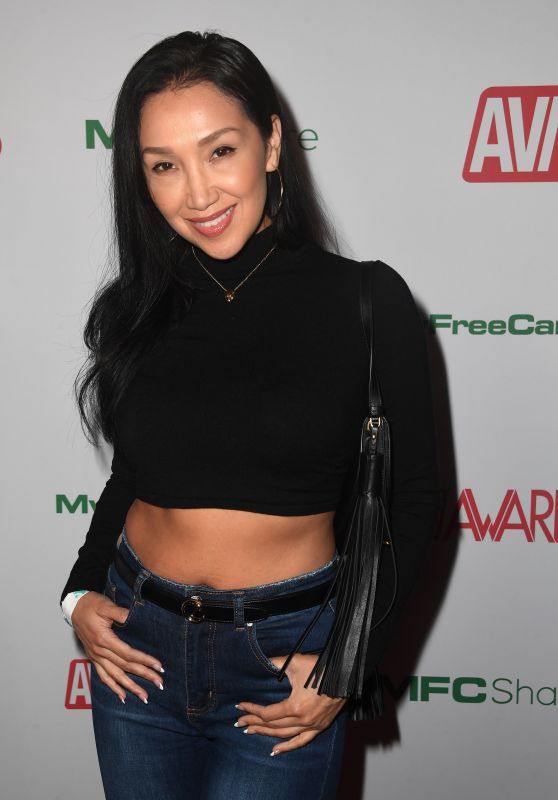Prince Harry, the Duke of Sussex, faces the final test of his nerve in his long battle with Rupert Murdoch’s London tabloids over alleged unlawful information gathering by British journalists and private investigators. In the past week, Harry has become far more isolated in his quest to see the top Murdoch executives forced to appear in court to answer for their roles in the hacking scandal that unfolded more than two decades ago.
It was revealed in a London court on Friday that of the 40 claimants originally joined with Harry in the civil action against Murdoch’s News Group Newspapers (NGN), only two remained to press on with a trial: Harry and a former Labour Party stalwart, Tom Watson. Over the past several weeks, after the Murdoch lawyers suddenly escalated their financial offers, 39 settled for undisclosed sums. This collapse of a united front against the Murdoch papers heightens the gamble Harry is taking. He has frequently stated that he would not settle. But legal experts say that, at best, even if he wins in court, the amount awarded to him would be less than he could have collected by settling. And if he loses, he would have to cover hefty legal costs. In a similar action against another London tabloid, the Daily Mirror, Harry won on 15 of the 33 hacking charges he made and was awarded the relatively modest penalty payment of 140,600 pounds (about $178,000). At the time of the settlement, it was estimated that the Mirror would pay half a million pounds (about $650,000) in legal fees, although the final sum has been estimated to be much higher.

Harry is also isolated in another way. His crusade against the tabloids sets him apart from the rest of the royal family; the king, his father, advised against this battle and his brother, Prince William, the Duke of Cambridge, agreed, even though tabloids were a constant source of stress for their mother, Princess Diana. Indeed, the Buckingham Palace courtiers, who have a hands-on role in managing royal media coverage, have traditionally favored wrangling the tabloid reporters as best they can rather than ostracizing them, a policy Harry has decried as “sleeping with the devil.”
Few royal dramas can match in brinkmanship the position in which Harry now finds himself. He could be forgiven for feeling like a general pressing forward with a crucial battle maneuver only to turn around to discover that his followers have evaporated as the enemy comes into full view—in this case, not with fearsome artillery but with bags of cash. Initially, more than 200 claimants were in the group headed by Harry. But what once seemed like a formidable effort to serve the public interest in exposing the rot in British tabloids now resembles a lucrative gravy train for lawyers and their clients, some of whom are celebrities like Sienna Miller and Hugh Grant.
But to believe that is to ignore one of the paradoxes of English civil law. It can offer due redress in the form of compensation, scaled to the nature of the offense. Still, it’s not in the truth-seeking business to insist on a public trial that would reveal the corruption of journalistic ethics by London tabloids. One person familiar with the way the law works said, “Getting out the truth is an expensive business.”
Harry’s remaining companion in truth-seeking is a controversial figure: Watson displayed forensic brilliance in 2011 as he interrogated Rupert Murdoch and his son James during parliamentary committee hearings into the hacking scandal, the first and only time the Murdochs have had to endure a public reckoning. But that, of course, made him a lifetime enemy of the Murdochs.




















 English (US) ·
English (US) ·